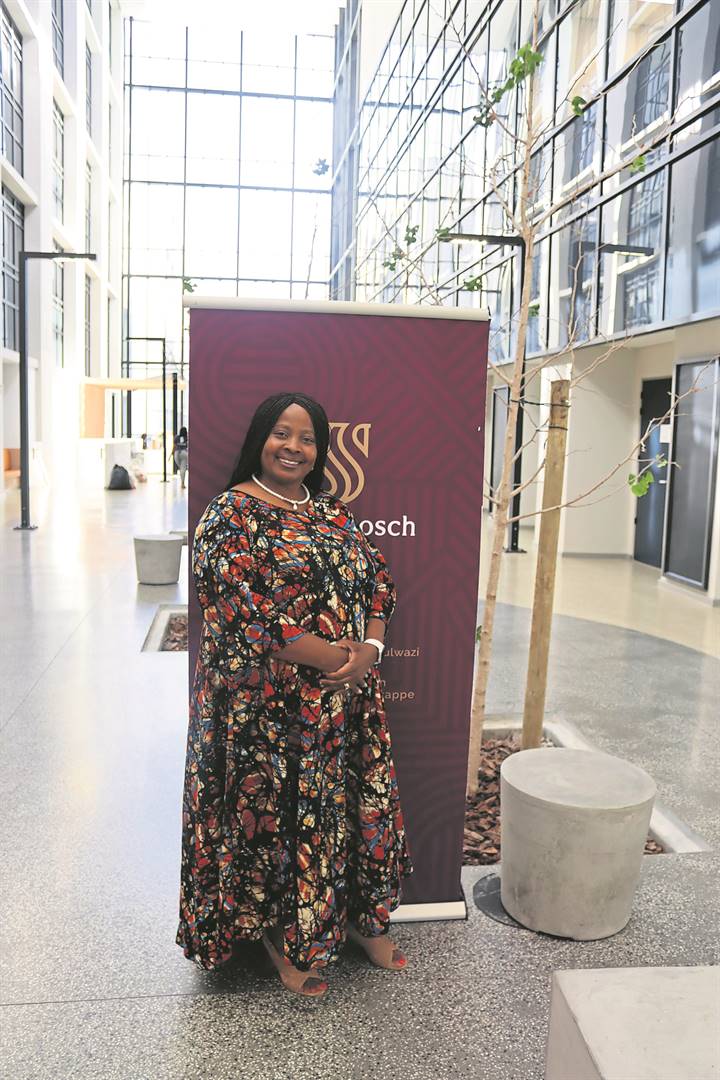
International Day of the Midwife is celebrated this Sunday (5 May), and Eikestadnuus spoke to Professor Doreen Kaura of Stellenbosch University (SU) about the field of midwifery – what it is, and isn’t.
She is currently head of midwifery and neonatal nursing in the Department of Nursing and Midwifery at SU.
“A midwife is not a nurse,” Kaura pointed out. Currently, those looking to become midwives must first undergo four years of nursing training before specialising in midwifery.
She hopes this won’t be the case one day and student midwives would simply start training from day 1.
A midwife is a health professional who provides holistic care to a family by enabling a woman and her newborn with the best possible healthcare.
“Midwifery is key to future health in South Africa, because women’s health plays an important role to the health of a nation, and then a continent,” Kaura explained. “If we can take care of a woman, she takes care of the community.”
Through their holistic approach midwives keep women at the centre of their care. “Nurses look after patients, and midwives look after women,” Kaura related.
Traditionally many cultures still had skilled birth attendants and midwives helping during pregnancy. Kaura said instead of doing away with this traditional and cultural component of care, midwives aim to add to this personalised care while providing the best expert advice.
In a country where most mothers with medical aid opt for a Caesarean section, more than 75% since 2015, birth has become a scheduled and sterile procedure. “We have made Caesarean sections an alternative to birth,” Kaura said. “Birth is a natural process. Women can birth without the assistance of medication, without intervention. A free birth is easy; all you need is a caring environment.
“In the Western Cape we are privileged to have 11 midwife obstetrics units where women can give birth naturally. Services are cheap, mothers receive interpersonal continuous care, and they are in an almost-home environment.”
Many midwives provide private services, helping women birth at home in a safe and loving environment – Something which Kaura says is of utmost importance for keeping expectant mothers cared for and calm.
She added the Caesarean section spoke to high resources making the procedure expensive, and it meant mothers took longer to recover from welcoming their children. “Birthing with the help of a midwife means you are at home with your family. I don’t have to charge you for every glove I use and every needle, as is the case with inducing labour.”
According to Kaura more education is needed to make mothers and the medical sector understand the value of midwives. “We want to unify midwifery in Africa. If we have a high rate of women giving birth at home there is no reason to institutionalise this care. But in South Africa midwifery is seen as nursing and this is not the case – they are two different professions.”
She explained midwives are often leaving the profession because of the muddling of the two. They need higher pay, more resources and a supportive work environment for the profession to thrive, Kaura urged.
She formed part of a panel of experts who gathered in Ghana this month to discuss the future of the profession in Africa. “Midwifery education needs to change from nursing to actual midwifery and change mindsets, which changes policy and our research.”
Having received her education in Finland, she said some countries are getting it right. In Finland, Caesarean sections make up around 12% of births, compared to the 70% and more locally.
“Midwifery needs humanness and shared humanity. This is not just a profession but a calling, because you don’t just work with the woman but the family. Midwives need to be intuitive and listen to women. This allows them to advocate for them, because we aren’t just empowering women to give birth; we’re enabling them to use their power.”




 Publications
Publications
 Partners
Partners



























